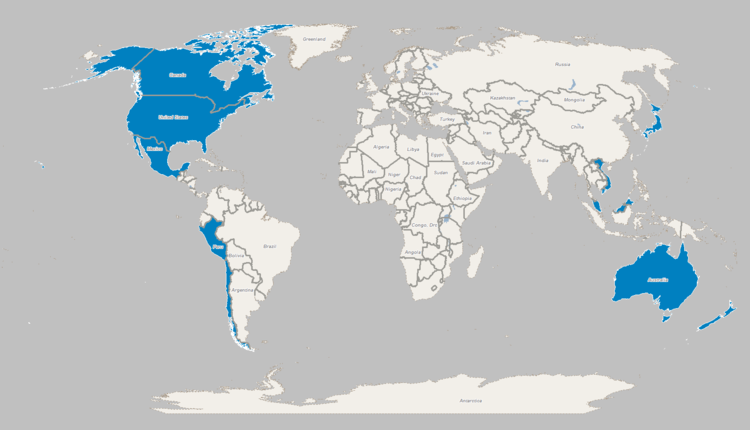It's easy to understand why parcel shippers might want to use a regional carrier; they usually offer flexible pickup windows, faster transit times, and lower transportation and accessorial cost. And while a regional carrier can absolutely provide these advantages, shippers need to consider the following items before they take business away from their national carrier.
While the obvious answer might be lower shipping costs and fees, there should be more motives that drive your decision to use a regional carrier. Is it better customer service or on-time delivery rates? Does your business require more same-day, next-day, or two-day delivery capabilities? Or do you need a custom shipping solution in place?
Once you've identified the needs of your business, check to see if the items can be addressed by your national carrier. It might just be time to renegotiate your contract. For example, if your business requires faster transit times, make it a point to request competitive express or zone skip rates. Identifying a solution with your national carrier will alleviate the stress of managing multiple parcel carriers in your network, allow your business to avoid the onboarding and transition cost that comes with a regional carrier, and most importantly, help you maintain your revenue tiers and discounting.
If you and your national carrier are still unable to reach an agreement, or if their network and service offerings simply don’t align with your needs, make sure the regional carrier can truly meet your transit needs. When you visit most regional carrier websites, they'll provide a map showing their one- and two-day transit capabilities by state. This information can be somewhat confusing, as most regional carriers only deliver to the metropolitan areas within those states. Therefore, ask the regional carrier to provide a ZIP Code list so you can compare it against your shipping data. If they deliver to most of your destinations, you'll know they're a possible fit for your business.
Shippers who can leverage the best of the worlds, both in service and discounts, from national and regional carriers have a substantial amount of volume and spend. As a guideline, these shippers usually spend over ten million dollars in net transportation charges. Shippers spending any less typically don't have the leverage to negotiate competitive rates with the regional carrier while also maintaining strong discounts with their national carrier. Instead, these shippers should focus on a single-source carrier solution with a national carrier. For small shippers, the national carriers are more inclined to provide strong rates if they receive all the business.
On the other hand, big shippers are in a great position to take advantage of regional carriers, especially if they are deep into their revenue tiers with the national carrier. The ideal situation for these shippers is to reallocate just enough volumes to maintain 10-15% penetration within their target revenue tier, while also realizing substantial savings with the regional carrier. However, if the discounts don't vary greatly from tier to tier, say a 0.5 to one percent difference, it’s important to calculate the risk of losing a tier with the national carrier. The savings with the regional carrier could outweigh the loss of discounts with the national carrier.
There are many factors to consider before selecting a regional carrier. The transportation industry is evolving every day and the best solution may not be as apparent as you think. Therefore, know your options. Be sure to define the needs of your business and understand your leverage in the market so you can select a parcel carrier with confidence. As always, this boils down to a sound transportation roadmap supported by granular analytics. Adding an additional carrier (or carriers) to your mix and diluting your national carrier revenue attainment is a potentially high-risk/high reward situation. It is neither the time or place for directional assumptions and back-of-the-napkin analytics. A full understanding of the impacts on transit, cost, and contractual terms and conditions are a precursor for a successful implementation.
Elijah Moon is a Project Manager with the Transportation Solutions Consulting Group at enVista. Elijah is responsible for leading shippers through the complex world of transportation sourcing; allowing shippers to reduce their transportation spend. He has extensive knowledge of carrier agreements, data collection, modeling tools, and route planning that enable clients to save money and maximize carrier performance. Some of the customers he has worked with include 1-800 Flowers, Sephora, Vitamin Shoppe, Genentech/Roche Diagnostics, PetSmart, Tommy Bahama, Vera Bradley, and See's Candies.















